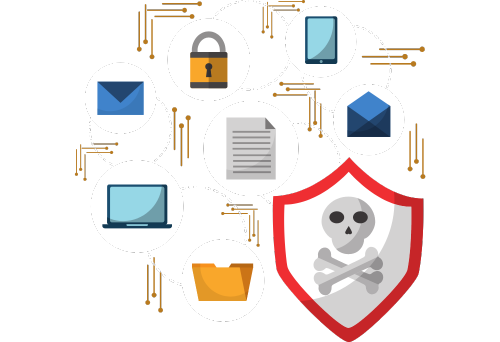Business
Small Business Cybersecurity Awareness: Mitigating Risks and Threats
In today’s interconnected business landscape, small businesses face an increasing number of cyber threats and risks. Cybercriminals target businesses of all sizes, seeking to exploit vulnerabilities and gain unauthorized access to sensitive data, disrupt operations, or commit financial fraud. Small businesses, in particular, may be more susceptible to cyberattacks due to limited resources and a lack of robust cybersecurity measures. By fostering cybersecurity awareness and adopting proactive strategies, small businesses can effectively mitigate risks and protect their valuable assets.
Importance of Small Business Cybersecurity Awareness
Small businesses are often seen as attractive targets by cybercriminals due to their valuable customer data, intellectual property, and potentially weaker security defenses. A single cyber incident can have devastating consequences, leading to financial losses, reputational damage, and loss of customer trust. By prioritizing cybersecurity awareness, small businesses can strengthen their resilience, safeguard sensitive information, and maintain business continuity.

Common Cybersecurity Threats
Insider Threats:
- Insider threats can come from employees or former employees who misuse their access privileges to steal sensitive data or compromise systems.
- Small businesses should implement access controls, monitor user activities, and provide ongoing training to employees regarding their responsibilities and the importance of data protection.
Malware Infections:
- Small businesses are vulnerable to malware infections through various means, including malicious downloads, infected attachments, or compromised websites.
- Implementing up-to-date antivirus software, conducting regular system scans, and educating employees about safe browsing practices can help prevent malware infections.
Phishing Attacks:
- Phishing attacks targeting small businesses involve cybercriminals sending deceptive emails or messages to trick employees into revealing sensitive information or granting unauthorized access to systems.
- Small businesses should educate their employees about phishing techniques and implement email filters and security measures to detect and prevent phishing attempts.
Ransomware:
- Ransomware attacks involve cybercriminals encrypting a business’s critical data and demanding a ransom payment for its release.
- Small businesses should regularly back up their data, maintain offline backups, and employ robust security measures to protect against ransomware attacks.
Weak Passwords and Authentication:
- Small businesses often neglect password security, making them susceptible to brute-force attacks or credential theft.
- Implementing strong password policies, enforcing multi-factor authentication, and regularly reminding employees to use unique and complex passwords can enhance security.
- Small businesses often neglect password security, making them susceptible to brute-force attacks or credential theft.
- Implementing strong password policies, enforcing multi-factor authentication, and regularly reminding employees to use unique and complex passwords can enhance security.
Third-Party Risks:
- Small businesses can face cyber threats through their relationships with third-party vendors or partners.
- Performing due diligence when selecting vendors, conducting regular security assessments, and monitoring their access and activities can help mitigate third-party risks.
Data Breaches:
- Data breaches occur when cybercriminals gain unauthorized access to a business’s sensitive data, often leading to financial loss, reputational damage, and legal consequences.
- Small businesses should encrypt sensitive data, restrict access privileges, implement network security measures, and have an incident response plan in place.
Small businesses should prioritize cybersecurity awareness and implement robust security measures to protect against these common threats. Regular employee training, network monitoring, secure configurations, and ongoing vulnerability assessments can significantly enhance small business cyber security.
